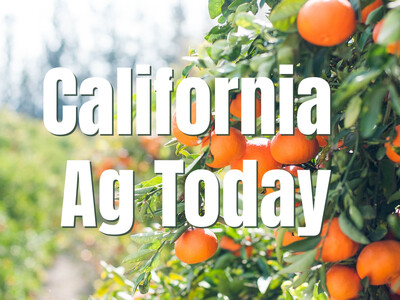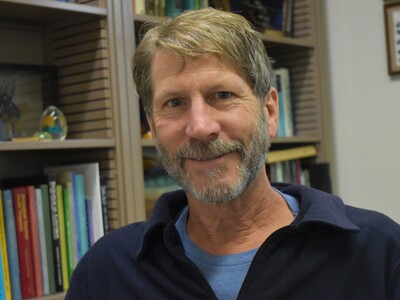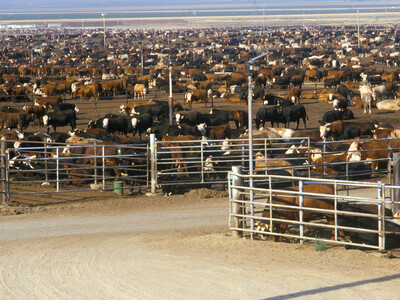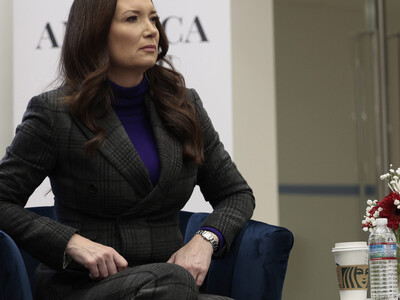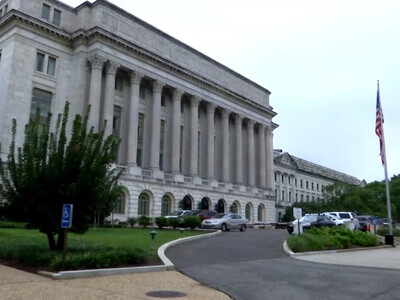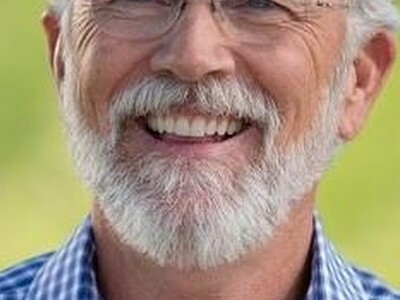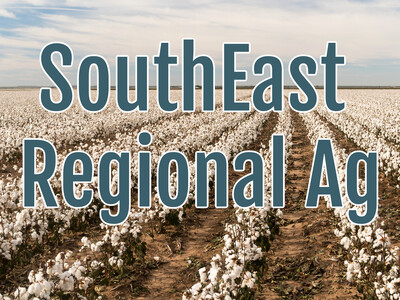Workshop
A non-profit Idaho Agriculture in the Classroom hosted their annual “On the Road’ Workshop for Teachers. The two-day tour stopped at five different agri-business facilities in the Treasure Valley and is designed to give the teachers a deeper understanding of Idaho agriculture, so they can share that knowledge with their students all over the state.“So, the last couple days we’ve been on Idaho Agriculture in the Classroom “On the Road” Workshop. We are taking teachers out of the classroom and into the fields or different agri-business facilities across the state to give them a deeper understanding of Idaho agriculture,” said Cassidey Plum, the state director of Idaho Agriculture in the Classroom.
“We know it's hard to get every student out there and into the field and it's easier to bring teachers out and explore agriculture that way,” said Plum.
This year’s summer workshop was in the Treasure Valley in Southwest Idaho. The tour went to five different locations over two days, and included teachers from all over the state.
“We started at Moo-Riah Dairy and they got to see the whole process there all the way from start to all the way to bottling. We then stopped at L&N Farms where JP Lette and Chad Neeley gave us a tour of the Mint still there.
Idaho is number one in Peppermint production, so I thought it was important to highlight that. The guys opened up the barrel of mint for us, which was awesome, and the teachers got to smell it and so they got to see it in the field and then all the way into the barrel.
And then we went to Bitner vineyards where Doctor Ron Bitner gave us some knowledge about not only the winery that we were at, but also his passion, which is pollinator bees and leaf cutter bees.
Today we started at Owyhee Produce, where Bailey and Devin gave us a tour of their facilities. So we started in their processing facilities. We saw all of their sheds and then they took us out to one of their asparagus fields to see kind of what the aftermath of asparagus harvest looked like.
And then we went to Boise River Lamb, where they have their lambing operation over there in Nampa. And Brett and Liz are going to talk more about the sheep industry, whether that's their lambing business, but also all the way to market where they have a a wholesale business for their products,” said Plum.
For some of the teachers, it was their first time ever being on a farm, while others had been on multiple tours.
“What I love about Idaho Ag in the classroom is that it truly connects kids to their food and gives them an insight when they see that onion in the grocery store. I like to show them and teach them what all goes into having that onion go from the seed to the grocery store,” said Diana Moser, a 5th grade Teacher from Deary, Idaho.
“I think a lot of kids are not educated enough to know where their food comes from and how lucky we are to live in such a diverse agriculture area as Idaho,” said Moser.
“As the years go on, people are further and further disconnected from agriculture and so being able to utilize these teachers to tell students, you know, chocolate milk doesn't come from a brown cow,” said Plum. “We went to the dairy yesterday, they got to see the whole process of start to finish and so just having the students who might not exactly have careers in agriculture at least be agriculture literate is so important.”
“On average, right now you're 4 generations removed from a farm, so most people know what a farm is, but they don't know anything other than it grows food, or it has animals on it,” said Bailey Myers-Hartley, who does Agri-Tourism and Marketing for Owyhee Produce.
“And so we are extremely passionate about helping people become educated in where their food comes from, how it's grown and how it basically gets to your table. If you take time to learn about that stuff, you're way more grateful for what gets to your table. But also you have a greater respect for the jobs that are being done around you. I think oftentimes we see farmers or ag and we kind of downgrade it a little bit. It's not something that people promote as like… you know it's not a fireman, it's not a pilot. It's not these cool jobs, but it is something that's so necessary and so having teachers that can come out and actually learn about it and then take it back to their classroom is extremely exciting for us, said Myers-Hartley.
“Like 99% of farms in America are family run farms, and people don't realize the truths, and so I'm just really passionate about sharing that with everyone, but especially teachers, because every teacher has a scope of students that they then get to share it with,” said Siska Reece of Moo-Riah Dairy.
“Kids are so much more likely to try their food if they know where it comes from,” said Heather Jackson, a teacher at Lake Hazel Middle School in Boise, Idaho. “I teach family consumer science, so being able to incorporate a lot of our local foods into our curriculum, farm to table, things like that. And then I'm hoping my goal this year is to be able to work with some kind of a farm group and maybe get some of their foods directly into the classroom so that we can mix some recipes with them,” said Jackson.
“I teach 5th grade, and so, you know, just telling them isn't enough. And what I love about this program is the resources that they give us. And you pass that on, and so when kids can see that and have a visual and not just me standing there telling them about it, that's I think when it really clicks,” said Moser.
The teachers were also very grateful to producers for taking time to give them a little taste of their life.
“The personal connection you see with these farmers, the blood, sweat and tears that they put into… this is a livelihood. This isn't a job for them. This is a life and how they involve their kids in it,” said Moser.
“It's so much fun. I love it and I try to do it every couple of years and I try to convince all of my teacher friends to do it with me,” said Jackson.
“Even as many tours of I I've been on, I've never walked away from one not learning something new. I mean, nobody is an expert. You're always going to learn something new, something you didn't know, and something you can take back to your kids and teach them about Idaho Ag,” said Moser. “So I just, I can't encourage it enough. It is phenomenal.”






